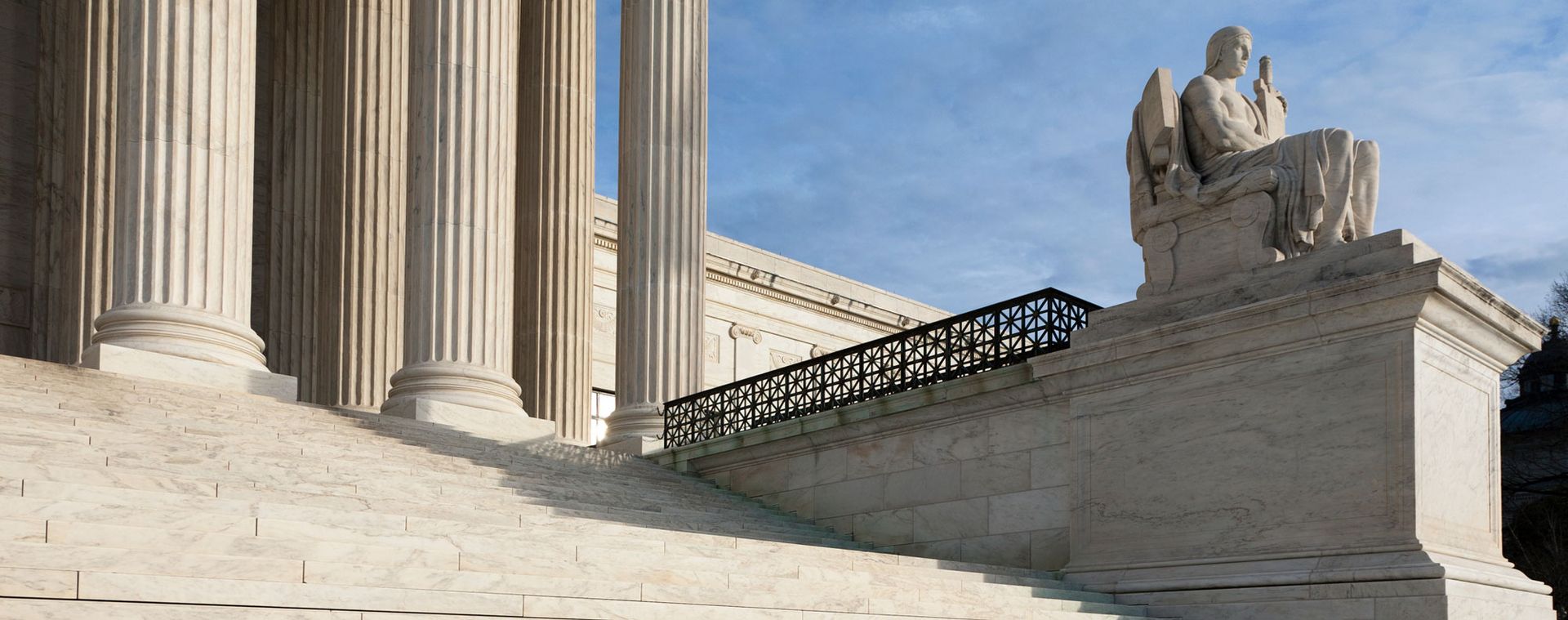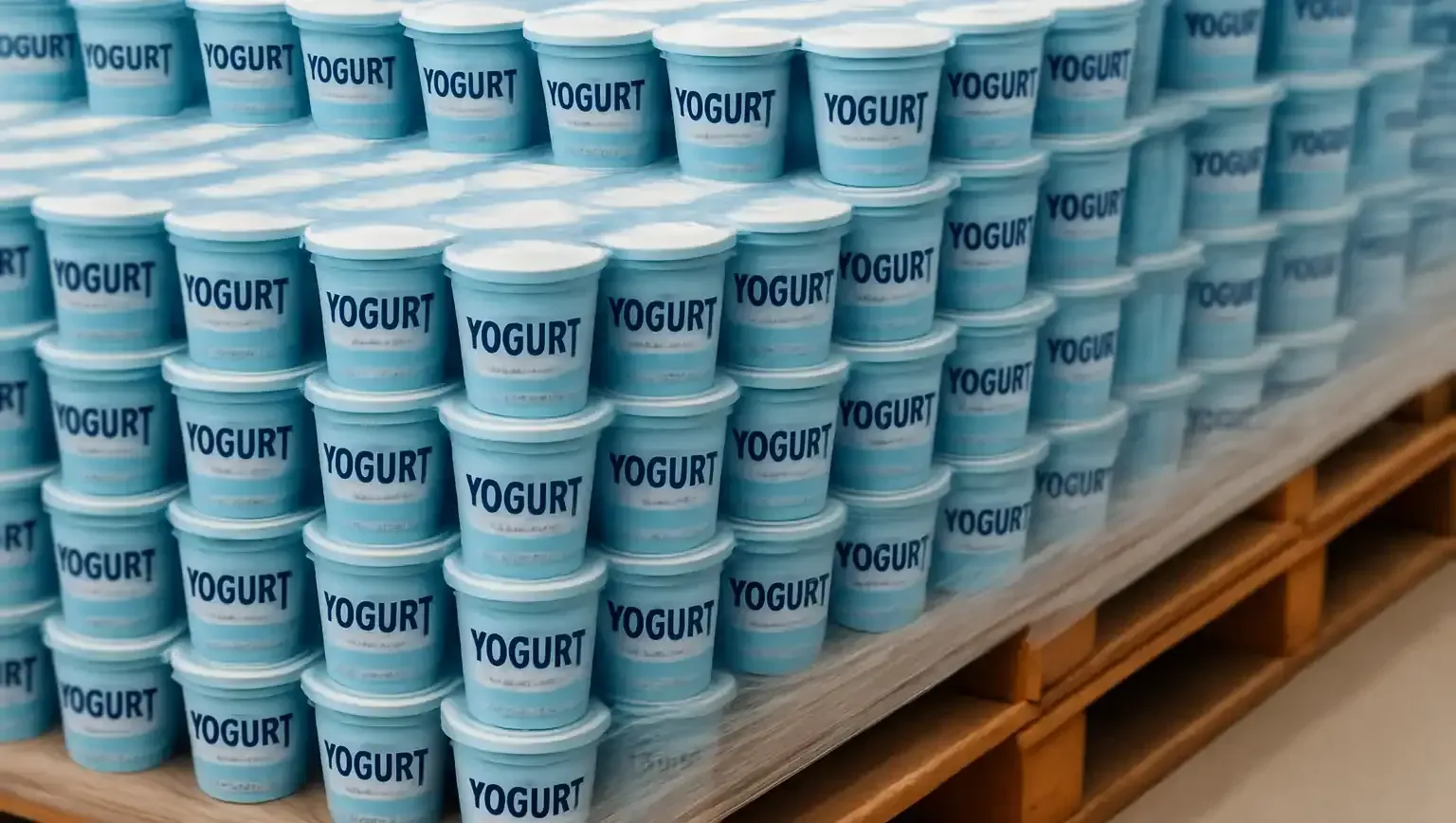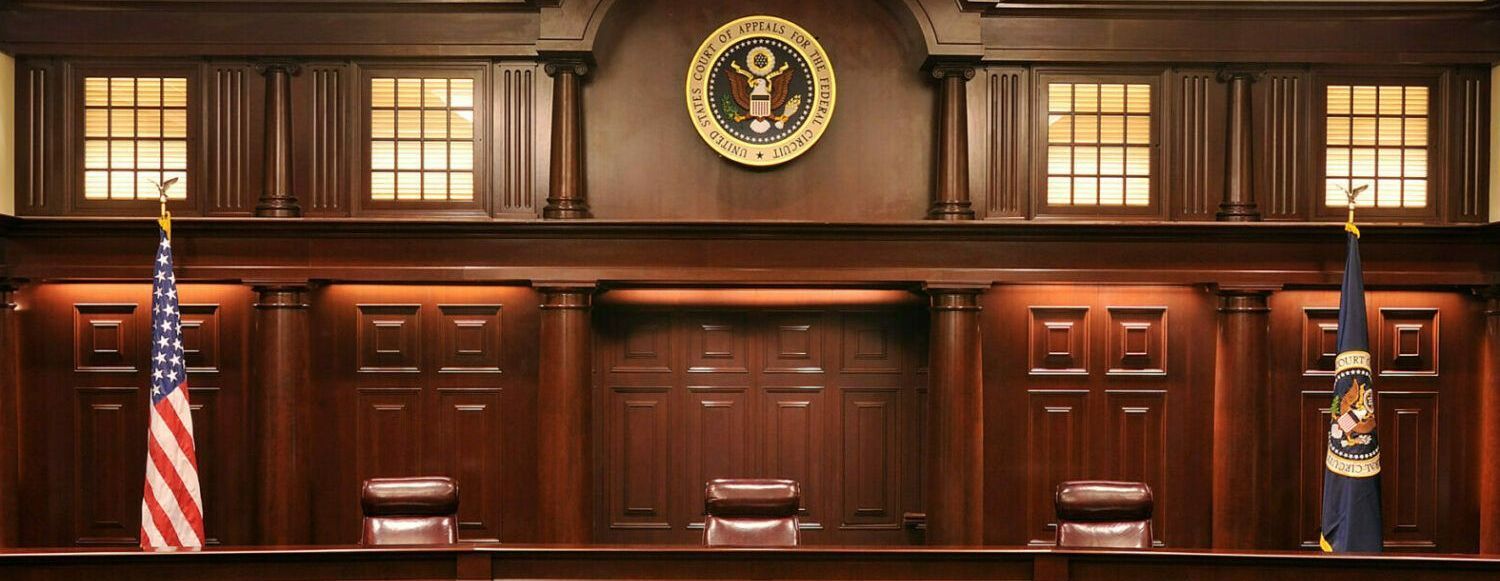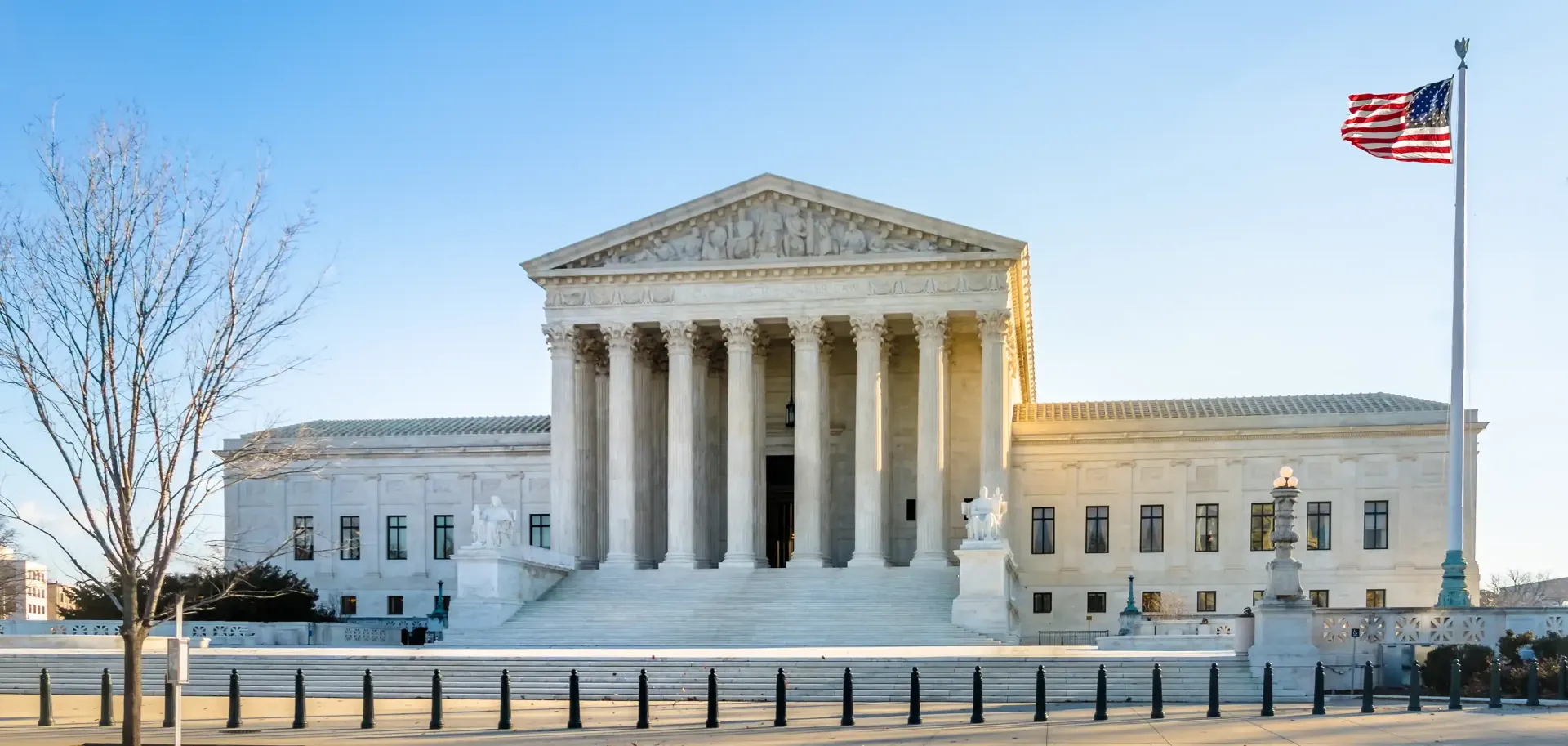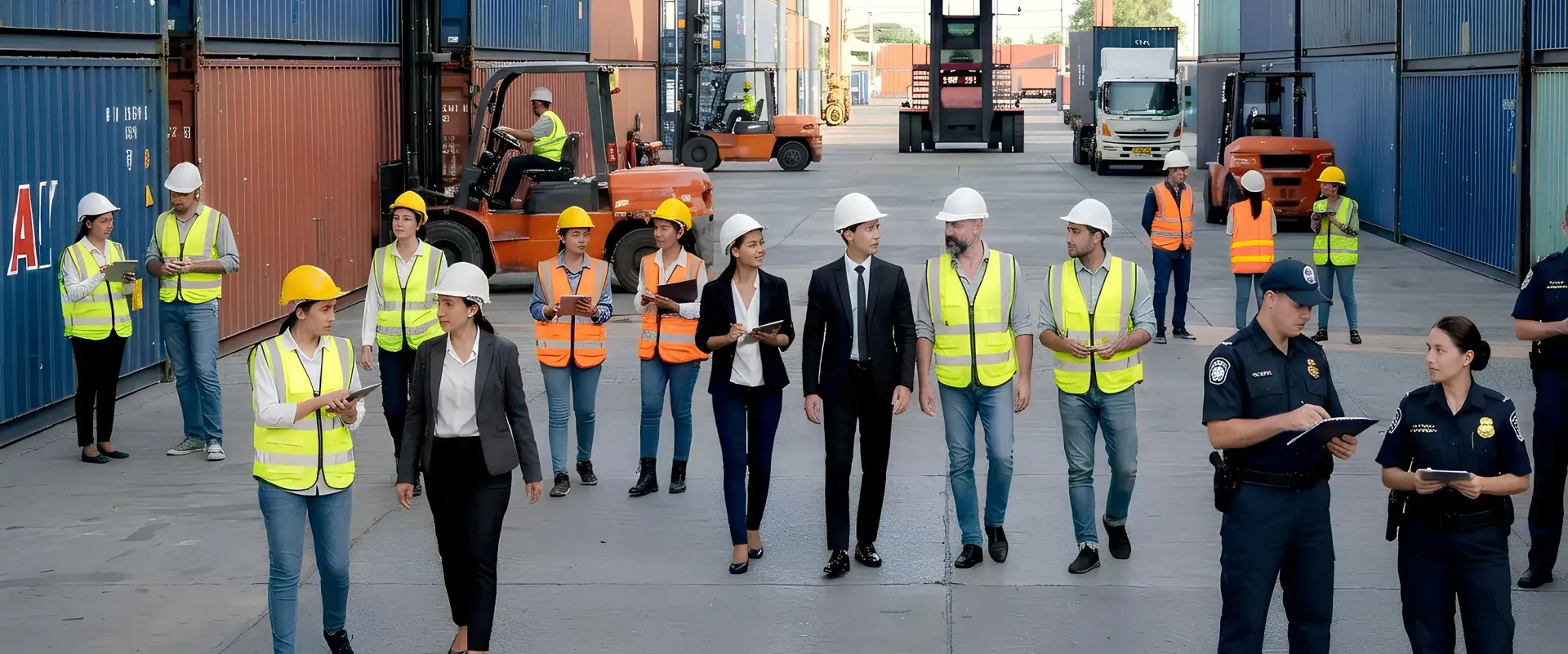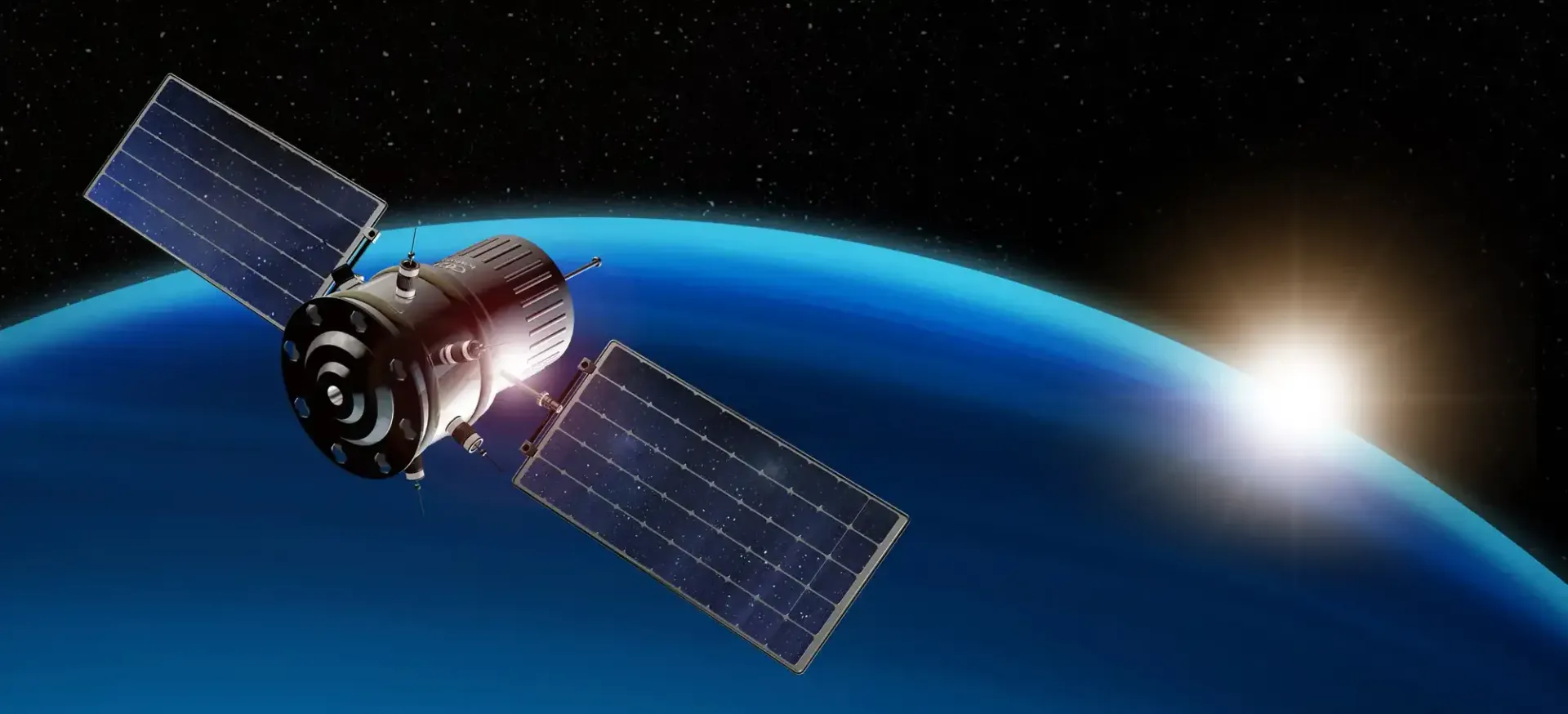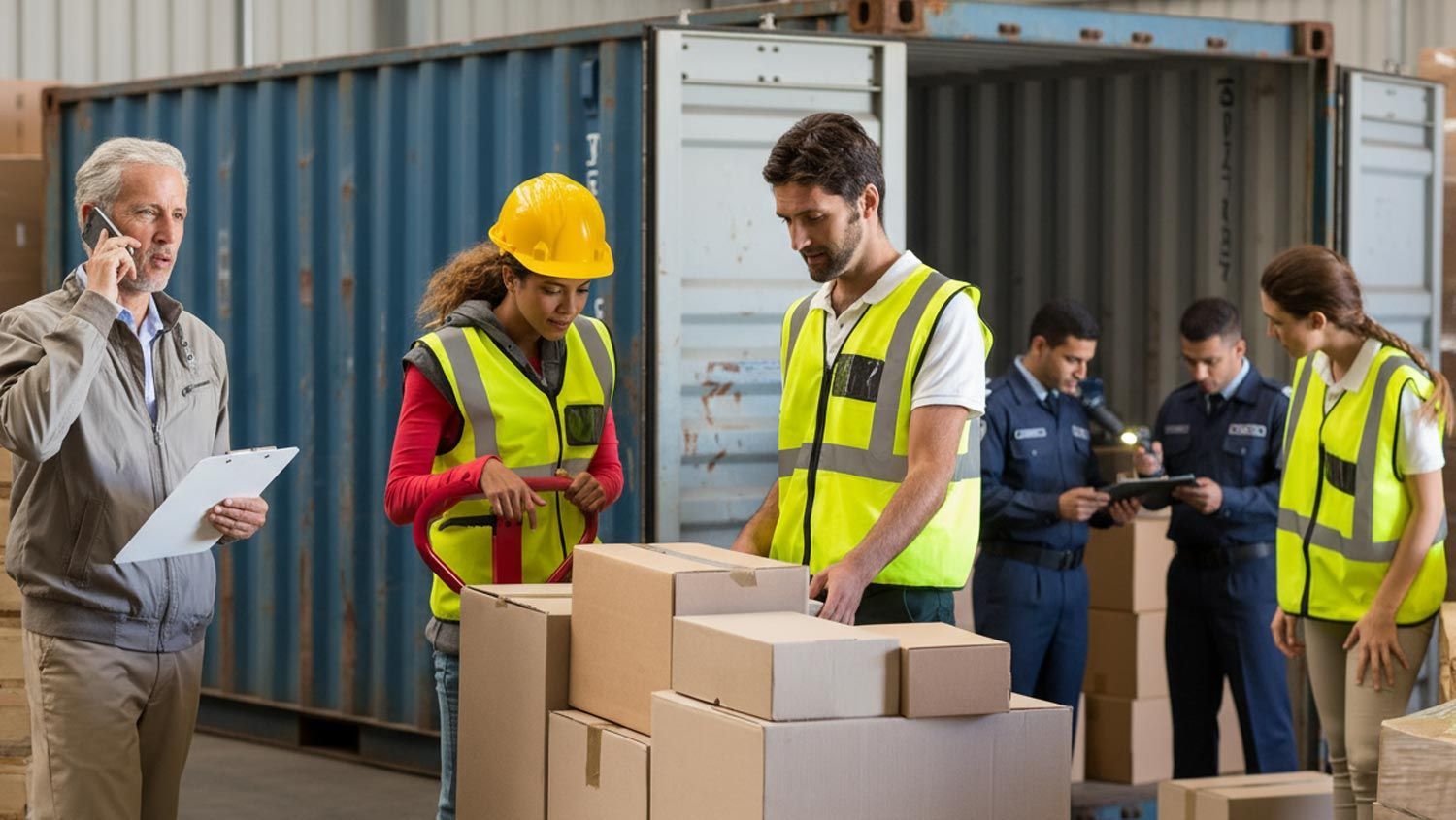Free Trade Is Not Free
Special Expertise Is Required
Talk about the Trans-Pacific Free Trade Agreement has dominated the news lately. This may or may not be passed, but what about all of the other free trade agreements that have been implemented. Is your company taking full advantage of their benefits? The United States has negotiated 14 agreements including NAFTA, DR-CAFTA, Australia, Korea, and Singapore to name a few. These existing agreements can afford your company significant duty savings if you export to them.
But, as we all know, free trade is not free. To take advantage of these programs you must understand them and adhere to the regulations that control them. All of the agreements require that a certain percentage of goods are produced in the countries involved or that the foreign ingredients (ingredients from outside the free trade countries) used to manufacture the items go through a tariff shift. This tariff shift analysis requires a detailed knowledge of the Harmonized Tariff Schedule and the specific rules of origin for each manufactured article. This knowledge usually does not reside in small to medium size companies and outside expertise is usually required. Even many large companies do not devote the manpower to do this analysis.
We have worked with many companies to do the analysis and provide back-up documentation to support the duty free (or reduced duty) claims. This back-up documentation is required, not only to assure that you are compliant but to be presented when an audit is initiated by the customs agency of the country to which the goods are shipped to. One company we are working with, is savings over $50,000 per month in reduced duties and another is savings about $15,000 monthly and are fully compliant with the regulations.
Many companies, which we hope yours is not one of them, claim free trade benefits without doing the analysis or having the back up documentation. This can lead to severe penalties from the importing country. If you think your claims cannot be substantiated or you feel that you might be able to benefit from one of the free trade agreements, please let us know. We will provide a free (and it is really free) analysis of your situation.
Get actionable advice on cost-saving strategies that boost your bottom line.
Subscribe here:
